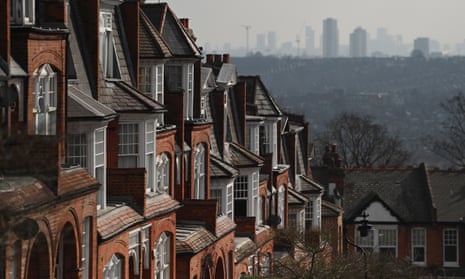Q My mum would like to give her property to me and my brother, as she is worried that if she had to go into a care home she would lose her house and savings. I have read about deprivation of assets and am just curious to know how the council decide that this has occurred.
Another option my mum and I have been considering is buying a property together. That way I can care for her if she gets sick. Again, if she did need to go into care in this situation, would she still be liable to pay for her care fees? What if, when we bought the property, we put it in my name?
HA
A First off, if your mum has to go into a care home, she will not lose her house and savings. But if they are worth more than £23,250 in total, she won’t get any financial help from her local authority and will have to pay all her care home costs herself. This might mean that her house will have to be sold to provide the cash to do this. The good news is that from October 2025, the upper capital limit of £23,250 is supposed to be going up to £100,000. The lower capital limit – which is the threshold below which people will not have to pay anything for their care – is also going up from £14,250 to £20,000. At the same time the government plans to introduce a new £86,000 cap on the amount anyone in England and Northern Ireland has to spend on their personal care (there are different rules in Scotland and Wales). But before anyone gets too excited, personal care – such as personal hygiene or medical care – is only a part of care home costs. Money spent on things such as accommodation, food, energy bills, haircuts, wellbeing treatments and consumables does not count towards the £86,000 cap.
I suspect that, given the new more generous capital limits, local authorities will be taking a much closer look at people who give away large amounts of money or property before going into care. According to Age UK, if a local authority suspects that you have deliberately deprived yourself of assets, it must show that you knew you may need care and support in the future when you deprived yourself of assets. In addition, the local authority has to show that your prime motivation in giving assets away was to avoid having to pay care charges.
Age UK also says in its deprivation of assets in social care factsheet that the official guidance states: “It is unreasonable to decide that you have disposed of an asset to reduce the level of care charges payable if, at the time of the disposal, you were fit and healthy and could not have foreseen a need for care and support.”
But if I were your mum, I wouldn’t risk giving away control of her home to you and your brother. If the local authority decided it was a case of deliberate deprivation the value of the house would be included in the financial assessment anyway even though you could sell it from under her. Giving away a home and continuing to live there is also a waste of time if you are trying to avoid inheritance tax because it won’t work.
Your “another option” looks alarmingly like a complex type of deliberate asset deprivation and it may be an idea to get some legal advice before going ahead with such a plan.
